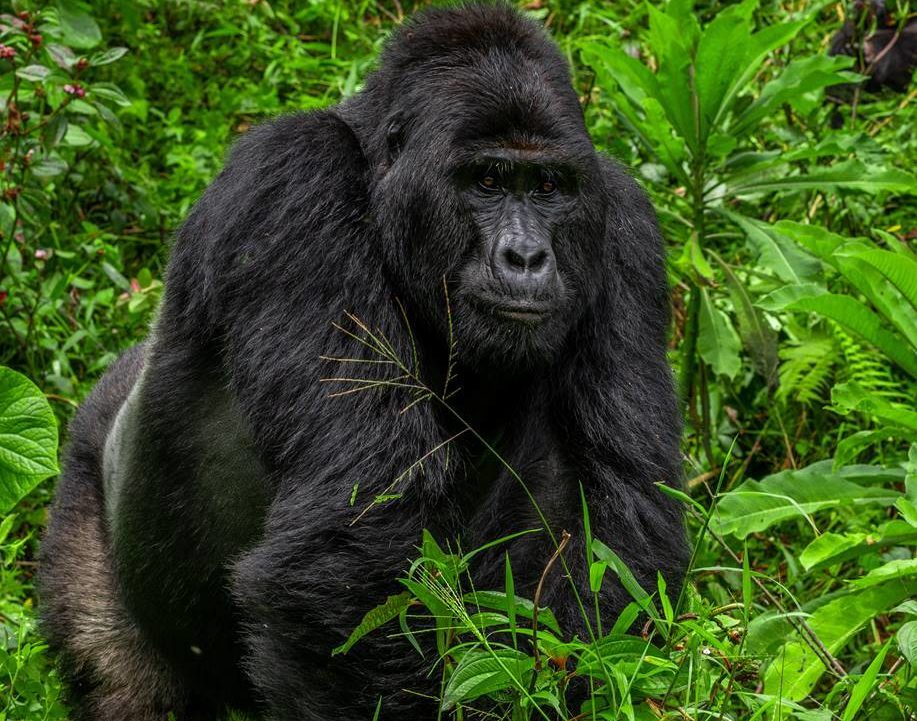With Travel Suspended More is Needed to Protect Wildlife
Poaching is on the increase in Africa.

Poaching is on the increase in Africa.

Tourism plays a pivotal role in the protection of wildlife. This was tragically underscored this month when bushmeat poachers killed the beloved silverback Rafiki who led one of Uganda’s largest and most popular gorilla families. Since 2008 Rafiki (“friend” in Swahili) was the stalwart leader of the Nkuringo gorilla family. Rafiki got his name from wildlife guides who were impressed by his friendly nature. He was known as a strong but peaceful leader who never threatened visitors. Rafiki was 25 years old at the time of his death. Rafiki’s friendly and photogenic family of three adult males, eight adult females, two juveniles and three infants has been immensely popular with travelers. Almost daily since 2004, trekkers and rangers have trekked through the dense Bwindi Impenetrable Forest to visit the Nkuringo clan. The tourist visits stopped on March 30, 2020 when Uganda closed its borders and went into nation-wide shutdown due to Covid-19. Just 63 days later Rafiki was found dead, a spear wound in his stomach. The perpetrators were tracked down and four men were found with bushmeat, snares, hunting dog collars and a spear. They admitted to illegal hunting in the park. One of them admitted to killing Rafiki, claiming he did so in self-defense.
All across Africa, conservationists are seeing a spike in poaching since the collapse of tourism. They are warning that the Covid-19 tourism decline will have deadly consequences for wildlife. Prior to the lockdown, tourism provided upwards of 24 million jobs in Africa and contributed over $190 billion revenue. The loss of this revenue is cataclysmic. The resulting poverty and desperation will force people into subsistence hunting and trafficking in ivory, rhino horn, pangolins, and other contraband. Fewer travelers will mean fewer eyes on wildlife allowing poachers to hide their crimes. Due to the dry-up of tourism dollars African governments are being forced to cut back on the ranger patrols that are essential for protecting wildlife. As just one example, the ranger patrols in Uganda are operating at only 60% of their normal capacity.
We should do everything we can to increase the ranger patrols and provide the rangers with all the training and equipment they need. Second, we need to renew and revitalize wildlife travel and tourism.
If we wait until tourism returns to its pre-Covid-19 levels, it will be too late. Wildlife laws must be enforced now through increased support of both ranger patrols and civilian monitoring patrols. An increase of boots on the ground and eyes in the field will be a strong deterrent against wildlife exploitation. As government tourism revenues decline there is a much greater need for wildlife monitoring supported by private donations. There are several reputable nonprofit organizations that provide anti-poaching resources. In response to the loss of Rafiki, Uganda’s Care for Rangers organization is raising funds directly earmarked to increase the number of Uganda Wildlife Authority ranger patrols that protect the gorillas. As a fundraising incentive, Care for Rangers has partnered with another Uganda nonprofit, the KAI Foundation, to give donors a chance to buy raffle tickets. The prize is gorilla trekking permits issued by the Uganda Wildlife Service, valid until December 31, 2022 and fully transferable. Consider giving Care for Rangers your support.
Eventually, African countries will reopen to tourism, a few like Tanzania and Rwanda already have. Those of us who are able should venture forth and visit as soon as possible. In the beginning, travel will be more challenging than it ever was before. There will be fewer flights and they may be more expensive. International travel restrictions will create a confusion of bureaucracy and red tape. Some places will have rules about social distancing, wearing masks and proving you are healthy. And everyone should decide for themselves what is acceptable risk. But for those of us who travel, those of us who are able, the animals need us now more than ever.
